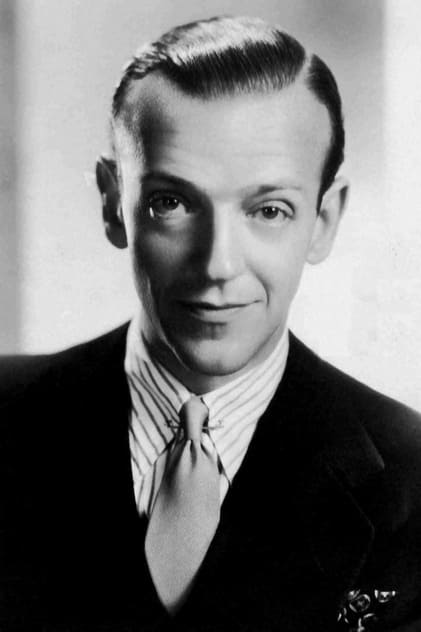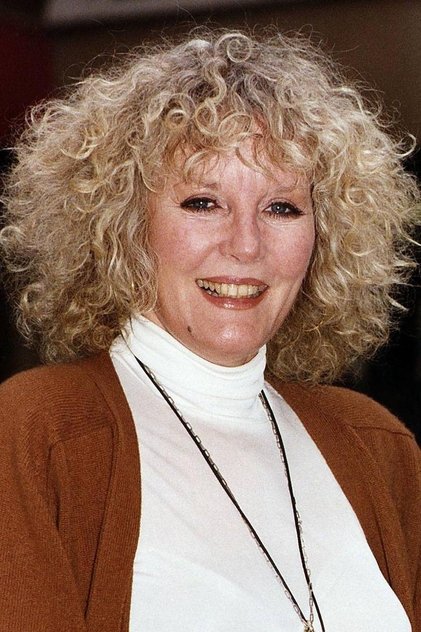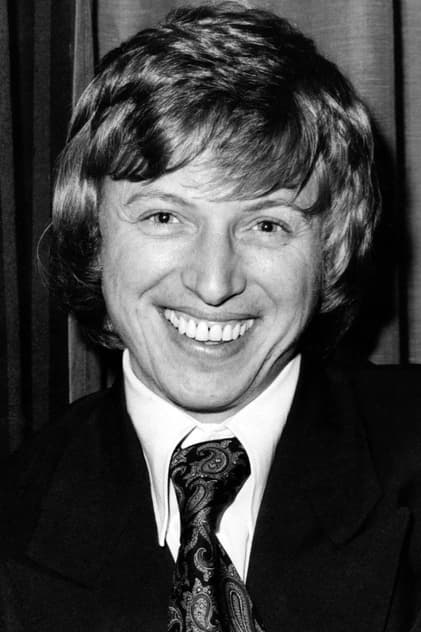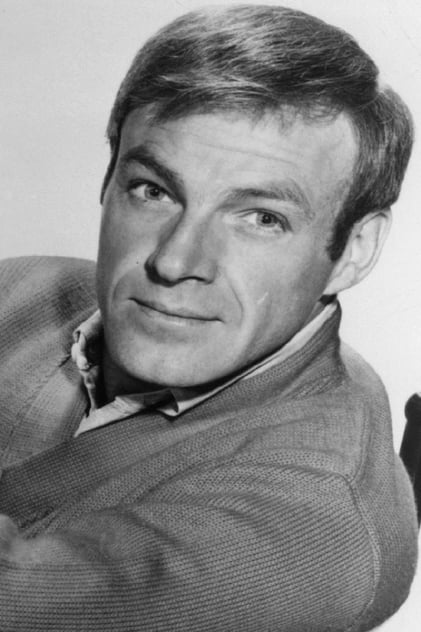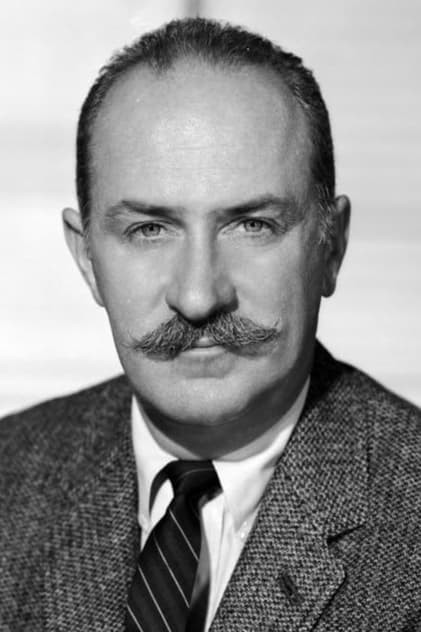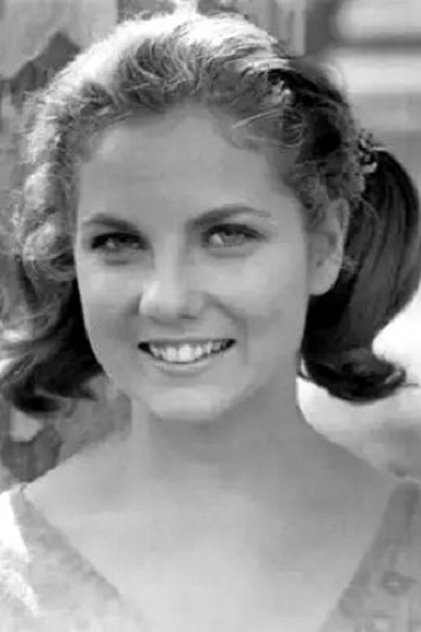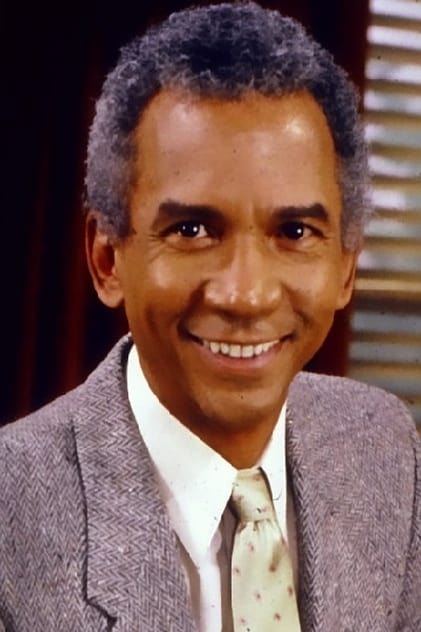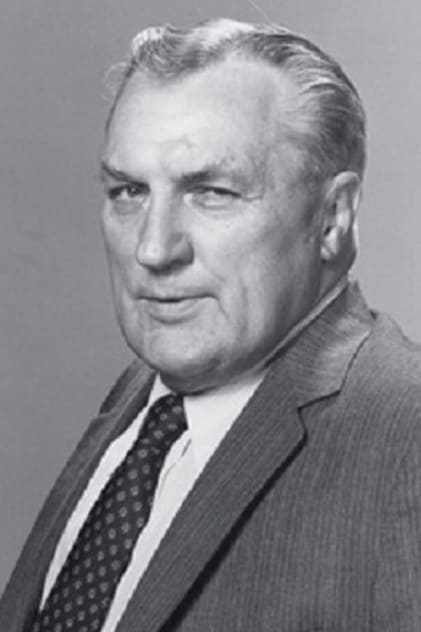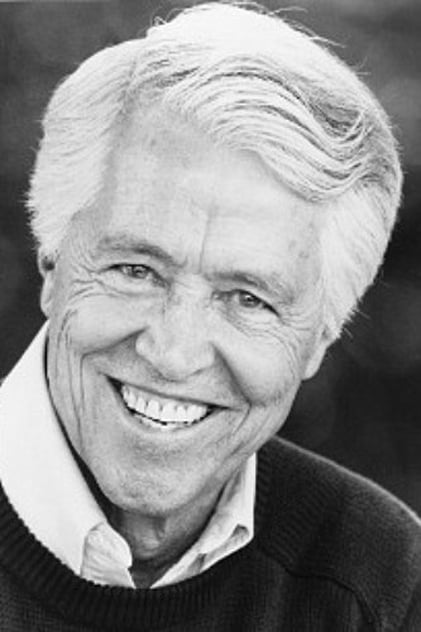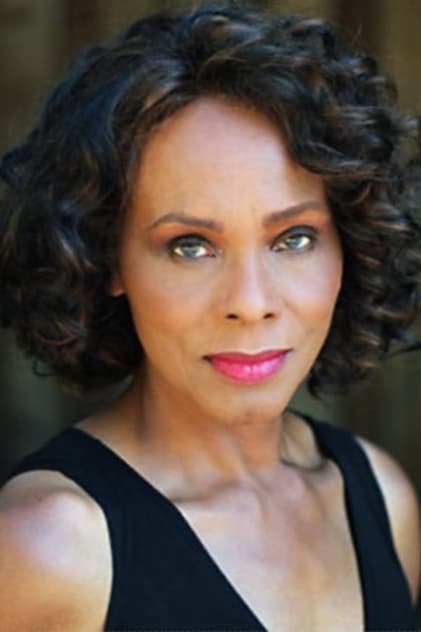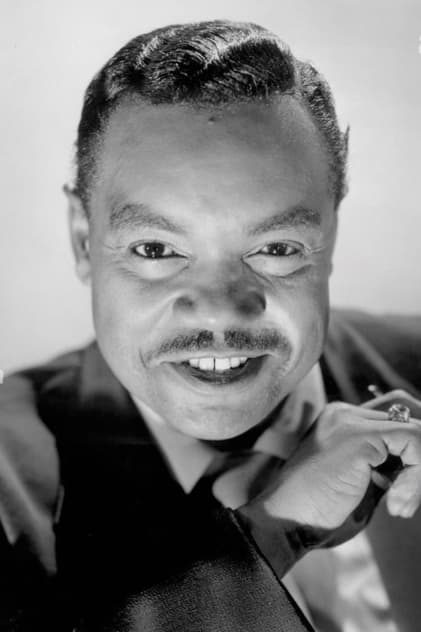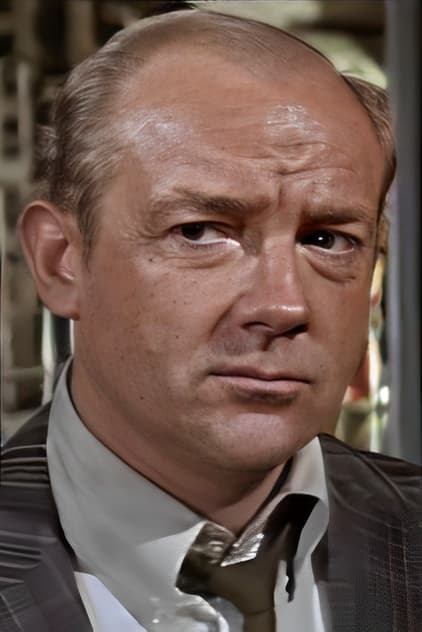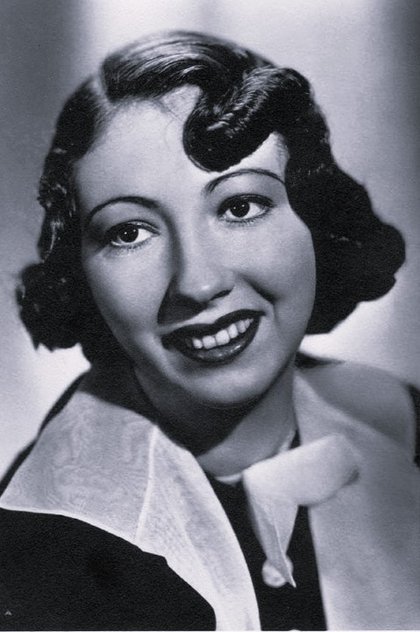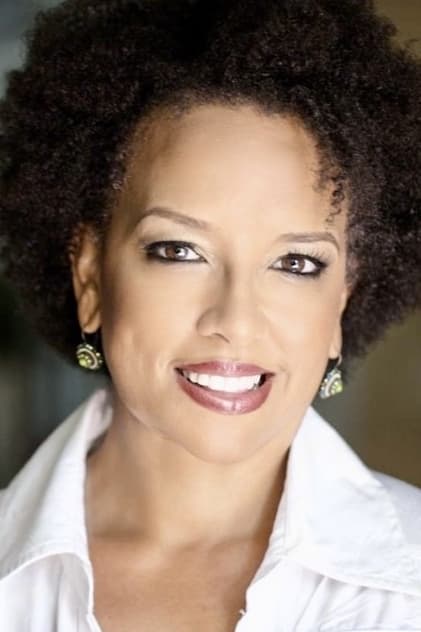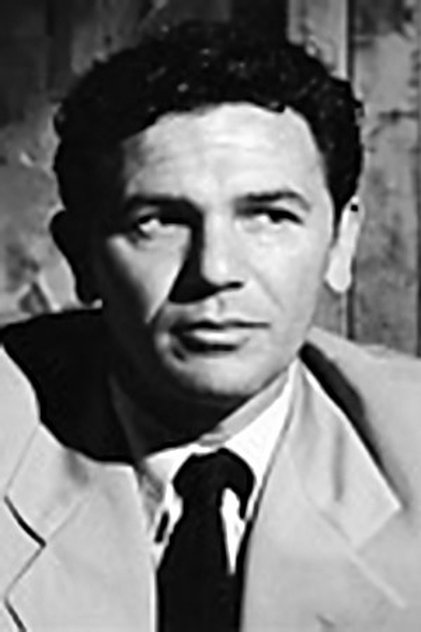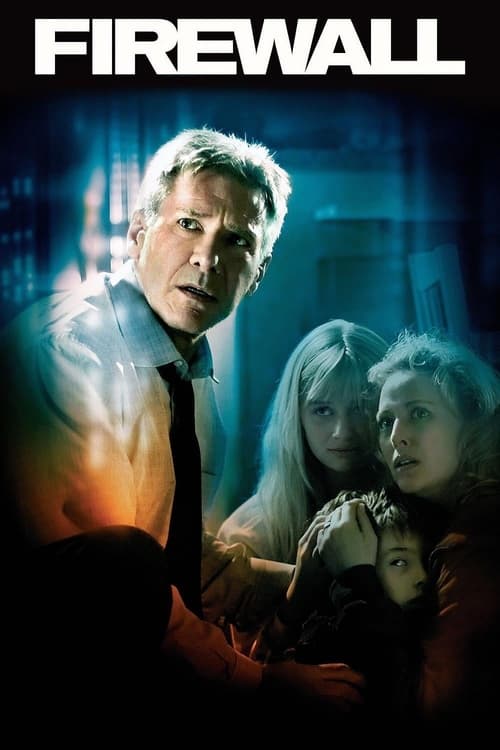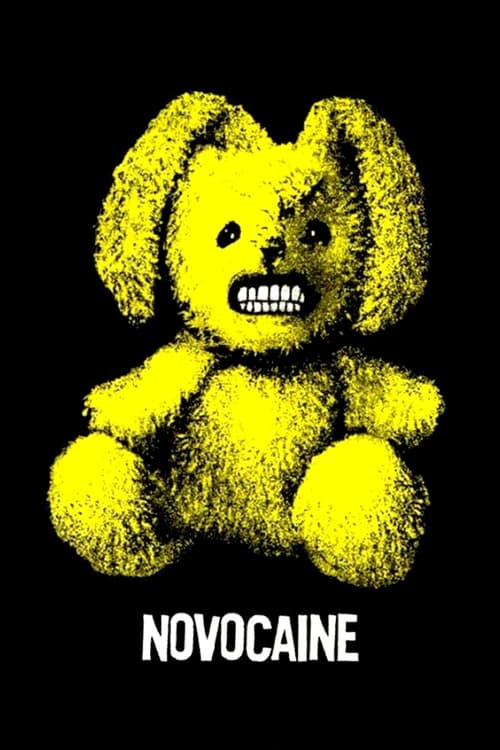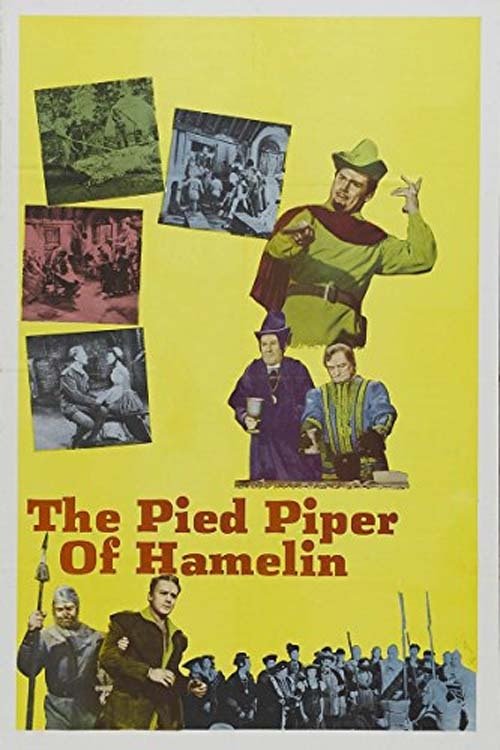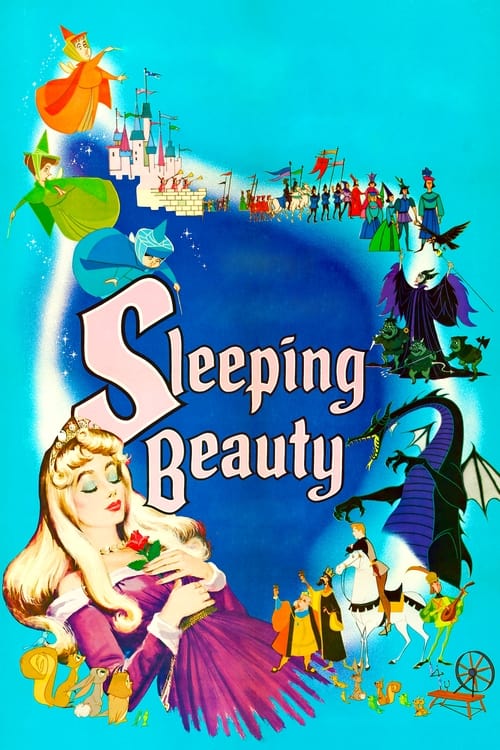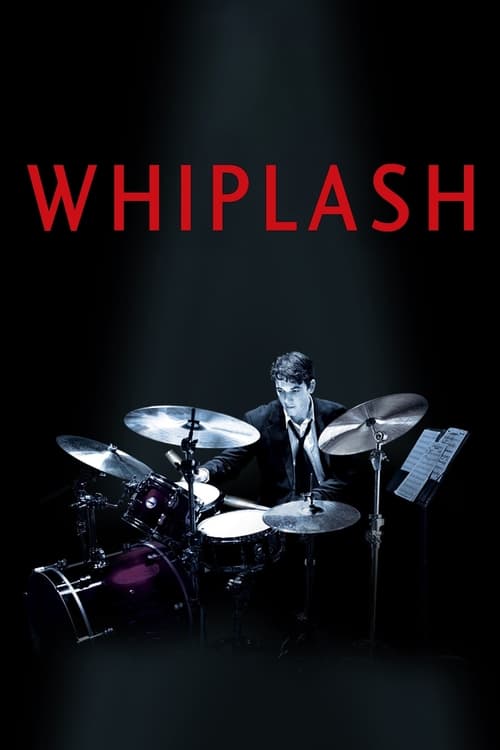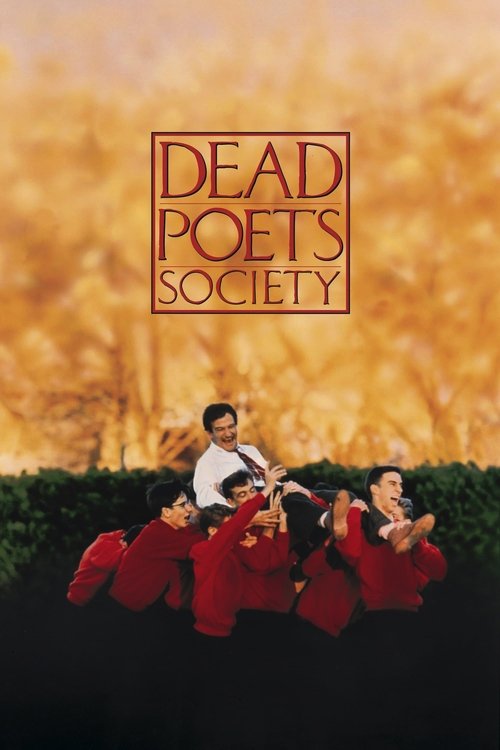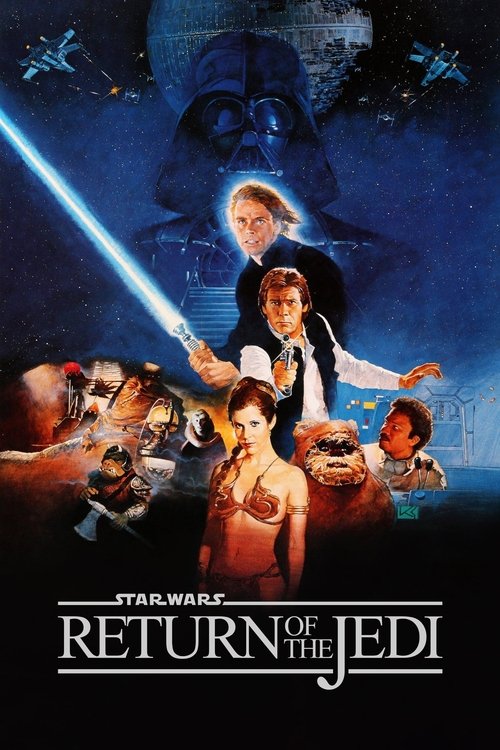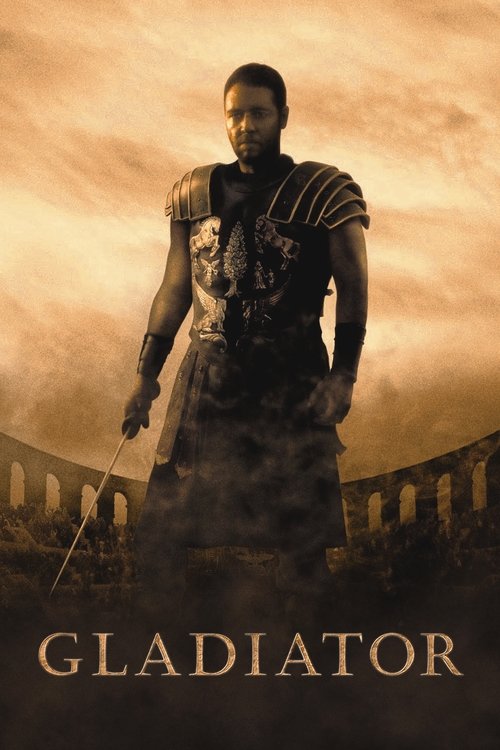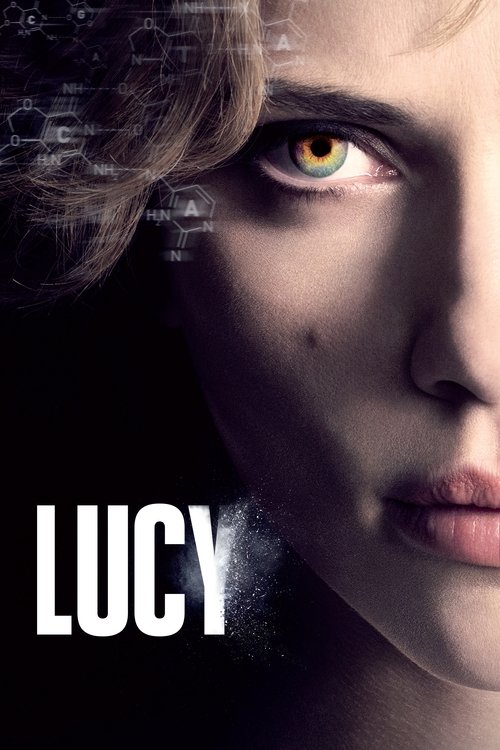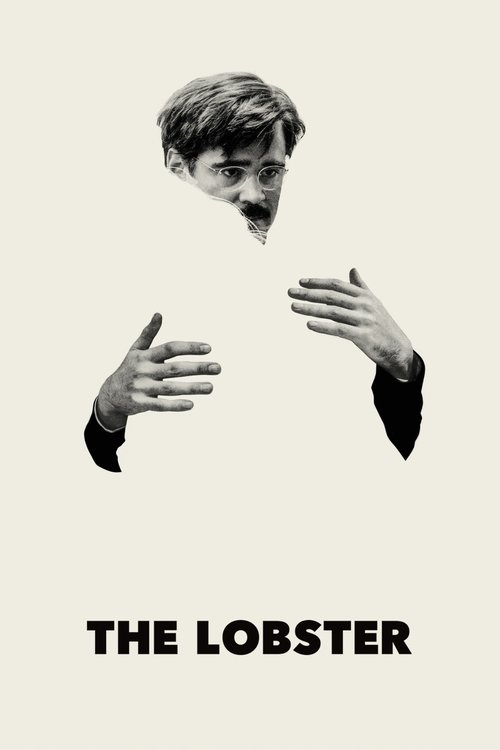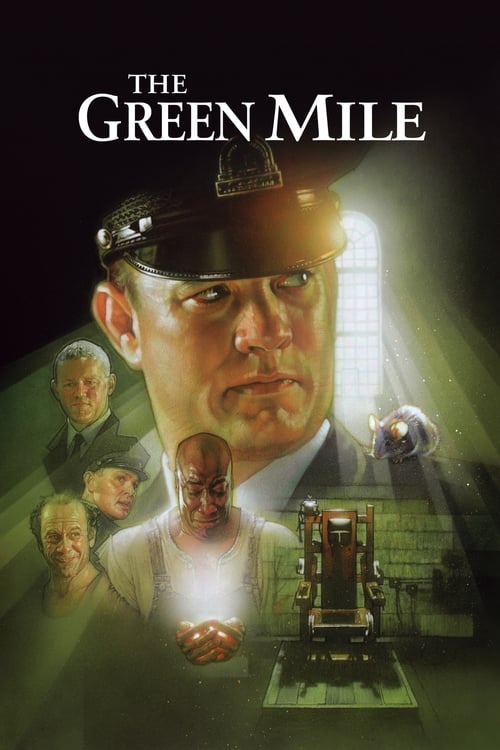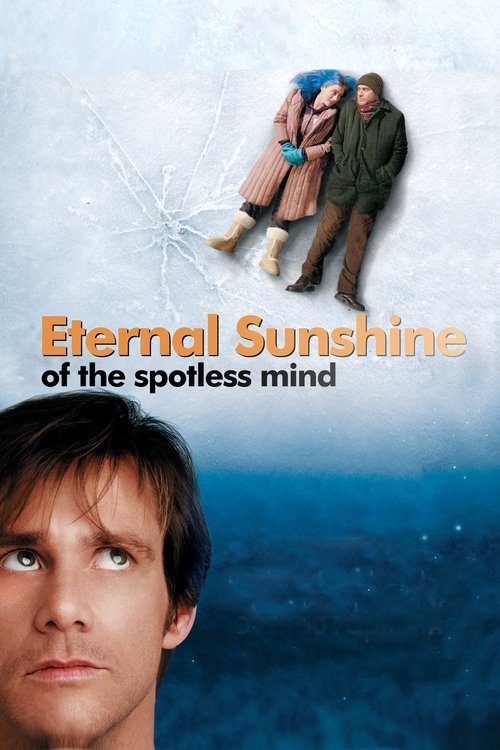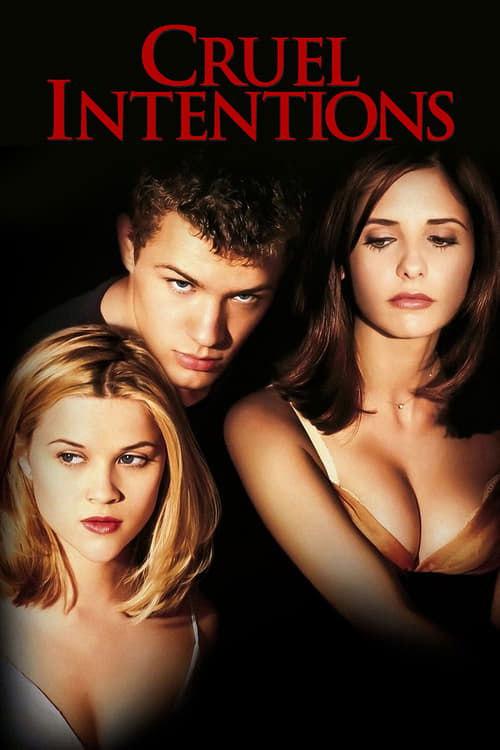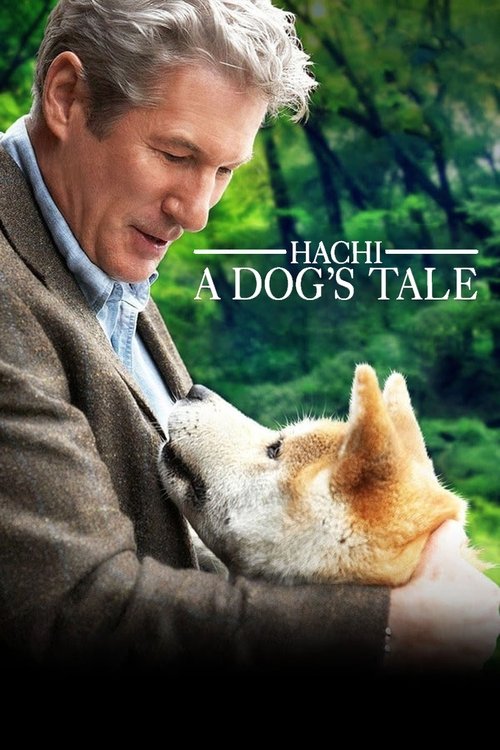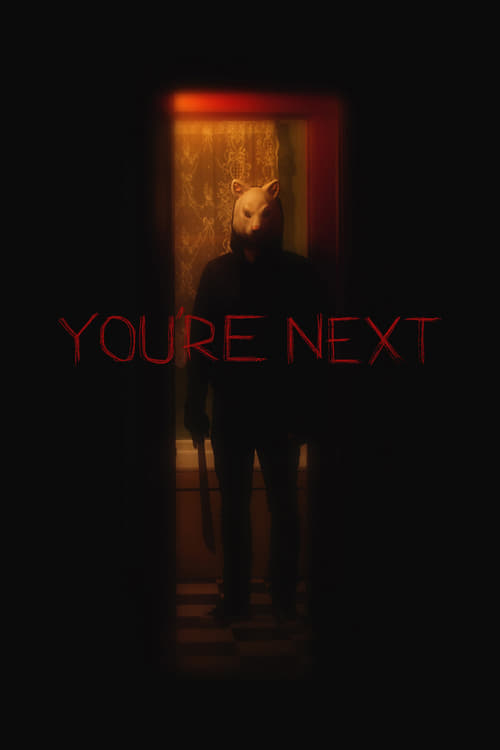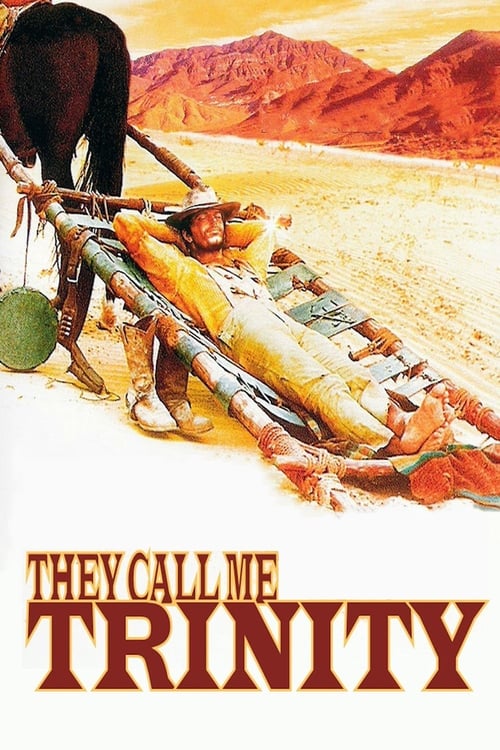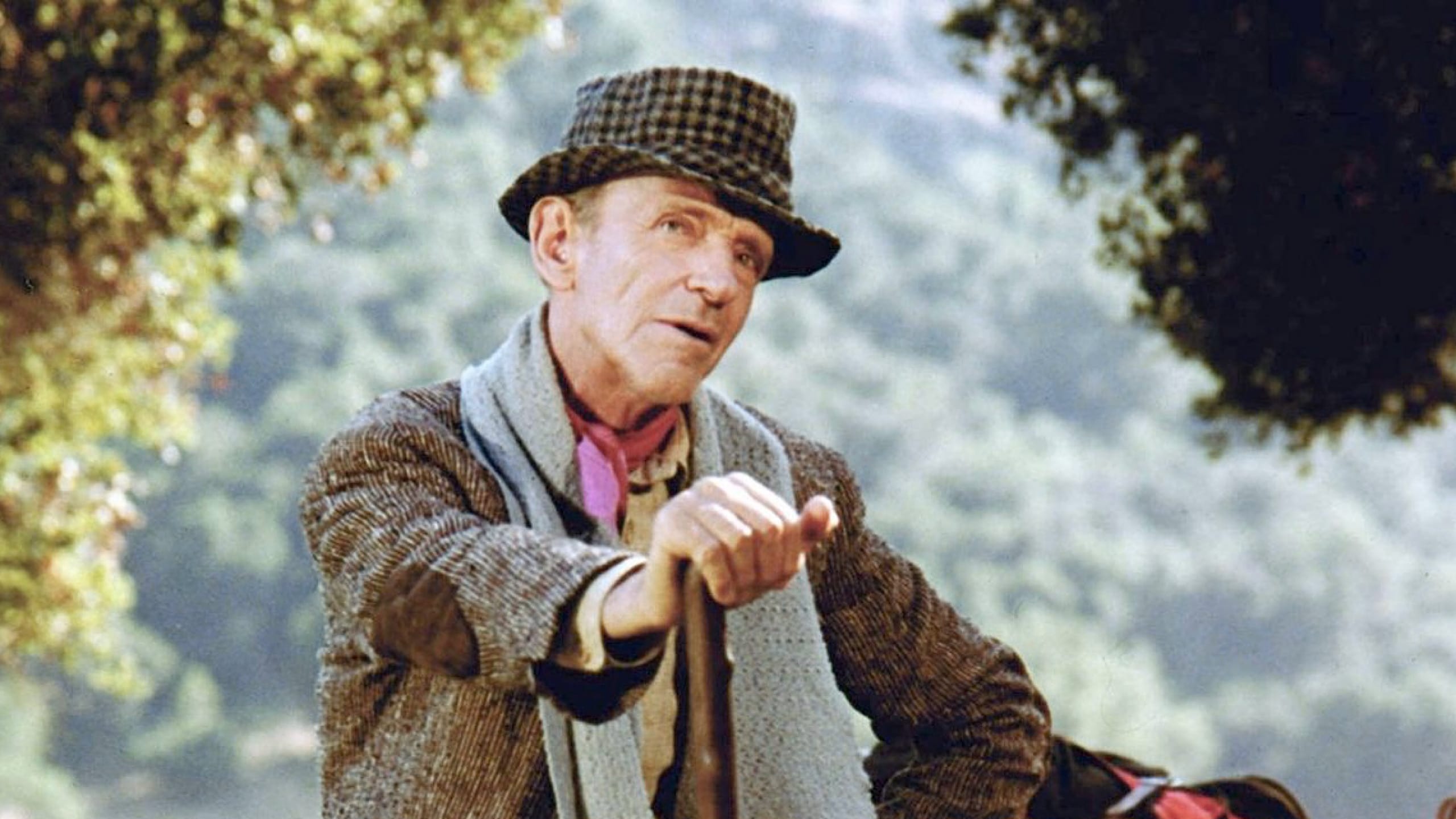
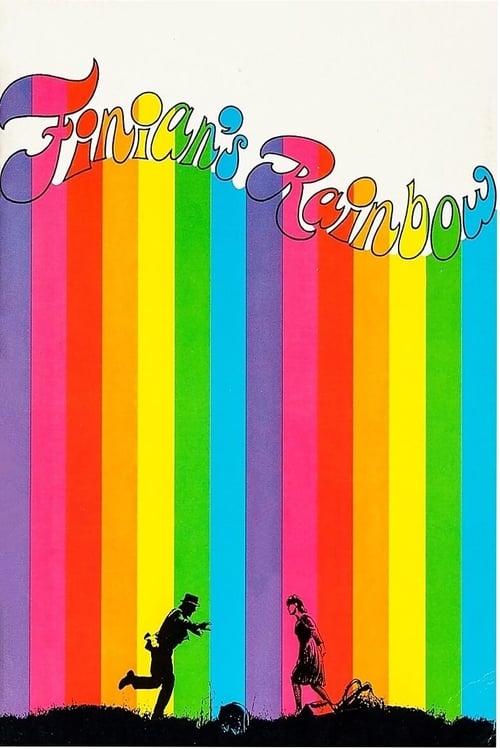
1968
·145m
Finian's Rainbow
Summary
An Irish immigrant and his daughter arrive in Kentucky with a magical piece of gold that alters the course of several lives, including those of a struggling farmer and an African American community facing persecution from a bigoted politician.
Reviews
Wuchak
September 20, 2024
**_Amusing late 60’s musical with dynamic performances by the cast_**
An Irish father and daughter come to America and settle a couple of miles from Fort Knox in Kentucky. As Sharon (Petula Clark) falls for the community’s returning prodigal son (Don Francks), Finian (Fred Astaire) deals with a leprechaun (Tommy Steele) that desperately needs the pot of gold he “borrowed” while a mute dancing girl catches the leprechaun’s eye (Barbara Hancock).
"Finian’s Rainbow" (1968) is a fun musical based on the 1947 Broadway play, helmed by Francis Ford Coppola after proving his mettle with “You’re a Big Boy Now.” Although overlong, it’s an energetic mix of Elvis’ “Follow that Dream,” Astaire musicals and “The Wizard of Oz.” The above-noted cast members are all highlights, along with Keenan Wynn as the racist Senator and Al Freeman Jr as the research botanist. Astaire was 68 during shooting while Petula was 34; Franks was 35 (but looked older) while dancer Barbara Hancock was only 17. Speaking of the latter, she shines as she frolics about doing flips and what have you.
Someone criticized that the movie borrowed too many Hippie elements from the musical “Hair,” but this is totally bogus seeing as how the film started shooting (with a finished script) in late June, 1967, and "Hair" didn't debut off-Broadway until four months later. It didn’t make it to Broadway until 1968 while the movie version came out in 1979. No doubt the scriptwriters & Coppola naturally tried to make the 1947 musical more relevant to the mid-60s, but this had zero to do with ripping off "Hair." Personally, I didn't perceive much if any "Hair"-like elements and, honestly, it could easily fit the time-frame of the late ’40s.
Wynn’s character was inspired by real-life Senator Theodore Bilbo of Mississippi, a Democrat, who died seven months after the musical debuted. Film studios wouldn’t touch it due to the satirical bits pertaining to racism (like the Senator amusingly morphing into a black man); that is, unless they could change the script, which the writers wouldn’t allow. By the mid-60s, however, the time was right.
Coppola had nothing to do with the cutting off of Astaire's feet during his dancing scenes. After shooting had been done in 35mm, Warner Brothers chose to convert the movie to the wider 70mm and sell it as a “preserved-ticket roadshow attraction,” which was achieved by cropping off the tops and bottoms of the picture frame. Unfortunately, this included some shots of Astaire's footwork, which I didn't even notice while watching (in other words, it's a nothing burger).
This was Astaire’s last musical.
It runs 2 hours, 25 minutes, and was shot on studio sound-stages and the back lot at Warner Brothers Burbank Studios and Walt Disney's Golden Oak Ranch, as well as Potrero Valley, Thousand Oaks, although one sequence was shot in Napa Valley near Coppola's home, north of Oakland, as well another west of there in Bodega Bay. The opening includes scenic shots of iconic spots in the USA (with stand-ins for Astaire and Clark).
GRADE: B
Media
Status:
Released
Original Language:
English
Budget:
$3,500,000.00
Revenue:
$11,600,000.00
